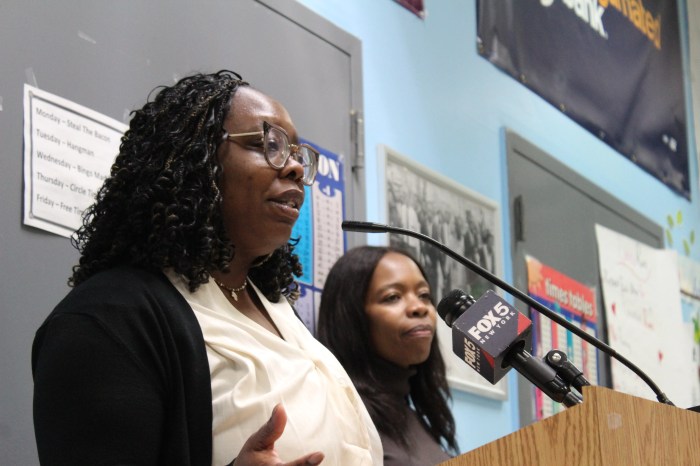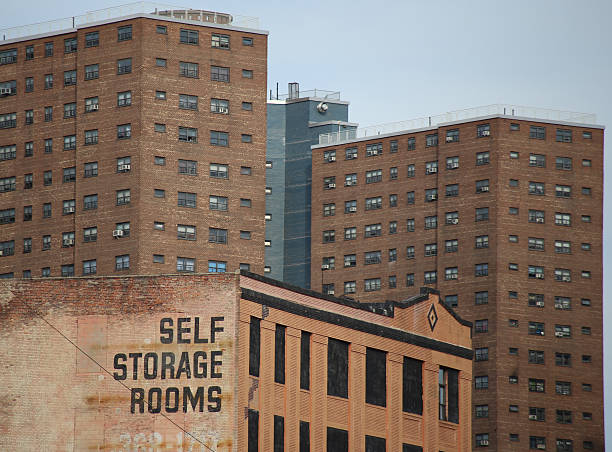On a humid, steamy Friday night of Dec. 21, a Guyanese government member of parliament voted with the opposition in a no confidence motion to bring down his own administration, setting in train a series of events that have left CARICOM’s largest and most resource-rich member state in such political turmoil that no one knows when the current crisis will pass.
Charrandass Persaud, an attorney with dual Canadian citizenship, denied government accusations that he took a US$1 million bribe from the main opposition People’s Progressive Party (PPP) to give the PPP the one vote it needed to win a majority of the 65 seats in parliament and topple his own government. He said he voted with his conscience because he was fed up with many of the decisions made by the cabinet of President David Granger.
Since then, the country has been in a state of uncharted political waters that even the Trinidad-based Caribbean Court of Justice (CCJ) has been struggling to sort out. The CCJ is Guyana’s highest tribunal and it is the forum to which both the governing coalition and the opposition have turned to sort out what might well be the worst constitutional crisis the country has faced in living memory.
This week, the court gave both sides additional time to agree on the name of someone who is acceptable enough to be appointed chairperson of the elections commission. That person has the casting vote among the seven person panel and is widely known to be the one who could influence political outcomes one way or the other.
This is so because the very same CCJ recently ruled that Granger had erred when he had unilaterally appointed retired judge James Patterson, 86, as the chair nearly two years ago. Patterson quit the chair this week in keeping with the court ruling that he is ineligible to be the elections boss.
His departure is politically significant as the opposition is fighting to force authorities to organize fresh elections in no more than three months since the government has been toppled. A commission operating without a chair means even more delays and even more time for a government, which should already have set a poll date.
On the other hand, Granger and his political crew are demanding a massive pause in the scheme of things, contending that the voters list is so bloated that new house to house registration is required to prune it of the dead, the migrated, those who changed addresses and to capture all who turned 18 since the last registration cycle. This process could take up to late December, a development the PPP bitterly opposes as it verily believes that the successful no confidence vote would have triggered elections since March of this year.
The result is that the party, which had fancied its chances of returning to government after just one term in opposition through forced fresh elections, remains frustrated by the fact that government has so far resisted all its efforts to go to the polls and fears that the cabinet might successfully run down the clock and take elections into next year.
If this is the case, the motion would have miserably failed as government would have almost served out its full five-year term and be able to present a popular elections 2020 budget. Its five-year term would not have been successfully cut short by Persaud’s deadly dagger of a vote with the PPP.
So instead of directly intervening in the country’s political crisis, the CCJ has given the two sides until mid July to sort out the mess of an acceptable elections chair and a reasonable timetable for elections. If there is no agreement the judge panel has vowed to make its own orders regarding an election timetable especially. It is unclear which side would find its consequential orders as politically unpalatable. The Dec. 21 vote also forced about seven lawmakers, including four cabinet ministers to quit parliament and the cabinet as they had been sitting illegally in the house despite being dual citizens with foreign passports, having sworn allegiances to foreign powers to obtain such. Ironically, Persaud used his very Canadian passport to flee after the vote.





















